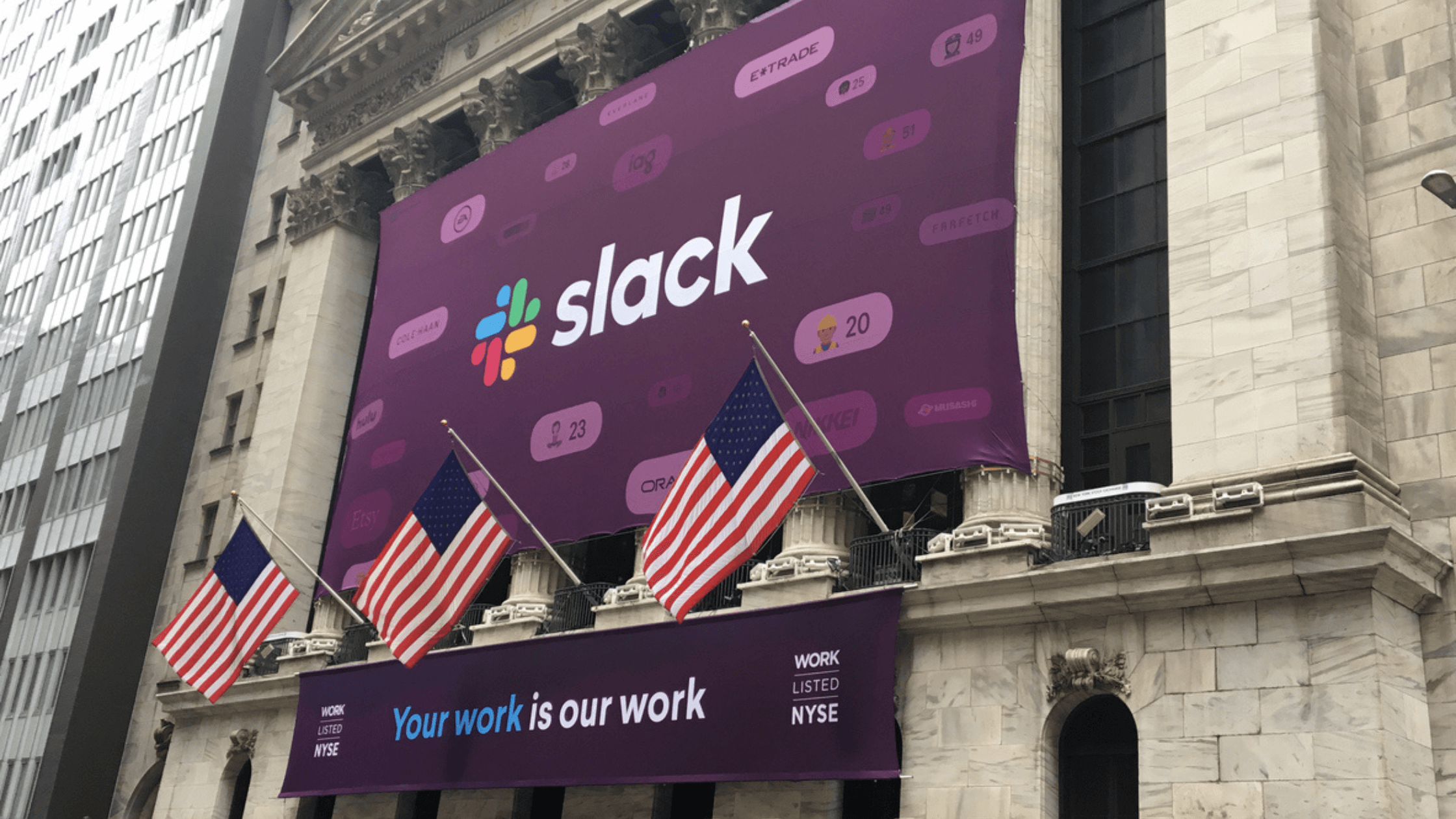Should Investors Like Microsoft Stock After ZeniMax Acquisition?
Microsoft Corporation (NASDAQ: MSFT) saw shares climb 1.1% as the Xbox maker acquires gaming studio ZeniMax for US$7.5 billion.
Tim’s Take:
Back to basics. That’s how I see this supremely astute acquisition by Microsoft. The company does the simple stuff the best – office productivity, the cloud and console gaming.
This trifecta of businesses has served shareholders (myself included) well over the past five years under the reliable stewardship of CEO Satya Nadella.
The reason? Subscription. Subscription. Subscription. The US$7.5 billion paid for ZeniMax looks to be a bargain. The company is the parent firm of Bethesda Softworks – the studio behind gaming hits such as The Elder Scrolls, Fallout and Doom.
The subscription part of Microsoft’s Xbox business is coming via a Game Pass monthly recurring charge of around US$15 for access to a litany of games, which will be further boosted by this latest purchase.
Dubbed the “Netflix of Gaming”, you can see why Game Pass is whipping up such enthusiasm. That lovely stream of recurring revenue I like to see as an investor will only be boosted.
Adding to an already-monster cash flow from operations of US$18.7 billion in its latest quarter (up 16% year-on-year), that can only be good news for shareholders as the product gains traction.
Gaming and the cloud
According to the Financial Times, a person familiar with the deal has compared the ZeniMax deal to Disney purchasing Pixar back in 2006 for US$7.4 billion (and we all know what a game-changer that was).
It also strengthens Microsoft’s position against the other global gaming console player; Sony Corp (TYO: 6758) (NYSE: SNE).
With cloud gaming set to be an over US$7 billion market by 2027 – growing at a compound annual growth rate of a whopping 48% over the next seven years – Microsoft’s positioning as a leading cloud provider and gaming platform puts it front and centre to benefit.
This is a much less flashy deal than the potential TikTok acquisition but, for me, makes so much more sense.
And if there’s one more reason to own this giant, then it’s the firm’s conspicuous absence from any of the recent anti-trust hearings against the tech giants.
The fact that it operates in a space that is not explicitly consumer-facing, like a Facebook Inc (NASDAQ: FB) or Amazon.com Inc (NASDAQ: AMZN), is a massive positive from a shareholder perspective.
This deal exemplifies a return to what Microsoft does best; opening up new channels of revenue growth so that long-term investors can benefit.
Disclaimer: ProsperUs Head of Content Tim Phillips owns shares of Microsoft Corporation.
This material is categorised as non-independent for the purposes of CGS-CIMB Securities (Singapore) Pte. Ltd. and its affiliates (collectively “CGS-CIMB”) and therefore does not provide an impartial or objective assessment of the subject matter and does not constitute independent research. Consequently, this material has not been prepared in accordance with legal requirements designed to promote the independence of research. Therefore, this material is considered a marketing communication.
This material is general in nature and has been prepared for information purposes only. It is intended for circulation amongst CGS-CIMB’s clients generally and does not have regard to the specific investment objectives, financial situation and the particular needs of any specific person who may receive this material. The information and opinions in this material are not and should not be construed or considered as an offer, recommendation or solicitation to buy or sell the subject securities, derivative contracts, related investments or other financial instruments or any derivative instrument, or any rights pertaining thereto. CGS-CIMB have not, and will not accept any obligation to check or ensure the adequacy, accuracy, completeness, reliability or fairness of any information and opinion contained in this material. CGS-CIMB shall not be liable in any manner whatsoever for any consequences (including but not limited to any direct, indirect or consequential losses, loss of profits and damages) of any reliance thereon or usage thereof.























































